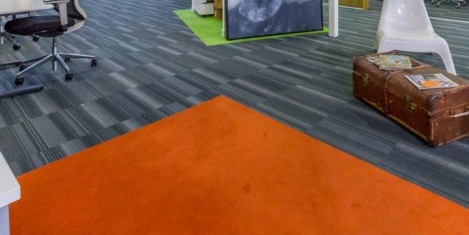March 21, 2017
Global survey confirms the need for flexible working in order for businesses to thrive 0
 Productivity and teamwork are both significantly improved when employees can choose where they work, a global survey of on global flexible working trends claims. The survey commissioned by Polycom, Inc. a global leader in enabling organisations new levels of teamwork, efficiency and productivity by unleashing the power of human collaboration. The survey of over 24,000 people found that 62 percent of the global working population now take advantage of flexible working practices. Nearly all respondents (98 percent) state that flexible working has a positive impact on productivity. Although many remain concerned that their absence from the office may have a negative effect on their careers, they are drawn to flexible working to increase their productivity, achieve a better work life balance and avoid the problem of commuting.
Productivity and teamwork are both significantly improved when employees can choose where they work, a global survey of on global flexible working trends claims. The survey commissioned by Polycom, Inc. a global leader in enabling organisations new levels of teamwork, efficiency and productivity by unleashing the power of human collaboration. The survey of over 24,000 people found that 62 percent of the global working population now take advantage of flexible working practices. Nearly all respondents (98 percent) state that flexible working has a positive impact on productivity. Although many remain concerned that their absence from the office may have a negative effect on their careers, they are drawn to flexible working to increase their productivity, achieve a better work life balance and avoid the problem of commuting.




































February 21, 2017
What you need to know about changes to business rates and lease renewals 0
by Alex Watt • Comment, Facilities management, Legal news, Property
(more…)